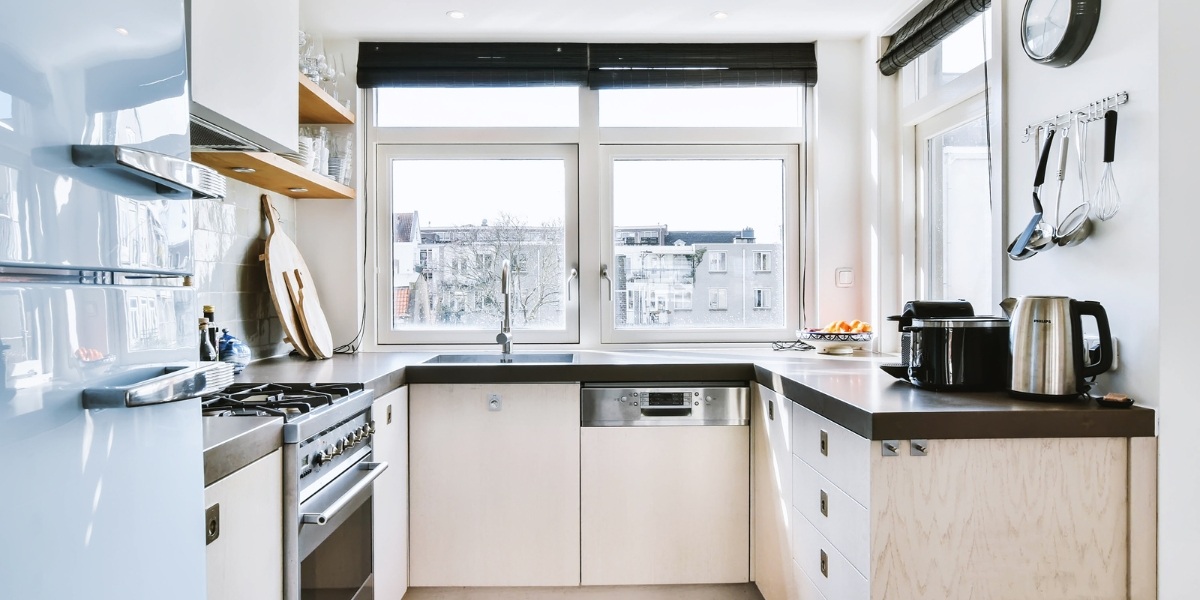The Ultimate To-Do List for New Rental Property Owners
You’ve taken a leap and invested in real estate in the Seattle area. The next goal is making a worthwhile profit from your investment by renting out...
If you are planning to purchase a new home in the Seattle area, you have to decide what to do with your existing one. Residential property owners have two primary choices in this situation: renting or selling the house.
When choosing between these options, there are several factors to consider, including your financial situation and your future plans. Both renting your house and selling your house have their unique pros and cons, and the suitability of the decision ultimately depends on your individual circumstances and personal preferences.
Turning your house into a rental property can provide you with passive cash flow, as well as the ability to hold onto a property you may need to use again in the future. However, it can also present challenges. Here is a look at some pros and cons of renting your house in Seattle to consider before deciding to hold onto the property:
One main of the main benefits of turning your current house into a rental is the income you can receive each month or year from rental payments. However, in the process of becoming a landlord, you also incur several costs, including insurance, repairs, homeowners association (HOA) fees, utilities, advertising, and property management fees. Before electing to rent your property, calculate the sum of these expenses and see how that compares to the estimated monthly rental fee you should reasonably charge in the Seattle area. In some cases, those regular expenses may not be worth what you are making each month from your tenant, but you still have the value of the property to consider as one of your assets.
Also, keep in mind, you will be taxed on your property as an income-producing resource. However, you can write off some the costs associated with renting and even potentially claim a deduction for depreciation on the property. In that sense, there are both pros and cons of renting. And this is something to review with your tax accountant to learn all the details specific to your situation.
Renting your home in Seattle means assuming the role of a landlord, and that naturally comes with the responsibility of managing tenant relationships. You must periodically undergo the process of recruiting and vetting applicants to find a qualified candidate to rent your home. You have marginal control over the lifestyles and behaviors of your tenants, as well as the way they treat your property. Even good tenants will call with questions or maintenance needs. As you debate selling versus renting, ask yourself whether you’re prepared for the responsibility and time commitment that is required as a landlord. You can rent your house without an agent or the assistance of a third party, but it will require continual effort to maintain your property and your tenant-landlord relationship.
On the other hand, for a fee, you can partner with a Seattle property manager to alleviate a significant amount of responsibility and stress that comes with being a landlord. This is especially beneficial if you are moving out of state, or even to a different town since it hinders your ability to keep an eye on the property, build a relationship with your tenant(s), and respond to problems.
If you are not ready to sell your house due to the hassle of having it on the market or at different times even in market conditions, renting can be a good way to weather the storm, until circumstances change. As long as you can cover your mortgage and other expenses with rent, you will be able to keep your home until its value increases, you have time to find a good offer, and/or market conditions improve.
The same concept applies if you are planning to move back at some point, and you may need access to your current house. For Seattle homeowners who are uncertain about the future or temporarily relocating for work, renting a property rather than selling it can provide some security and a place to come back to if the need arises. Plus, you can continue to grow your real estate investment and enjoy a potentially greater payout at a later date.
Selling a house outright can also be a good option under certain circumstances, such as the condition of the current real estate market, your need for income, or your future plans. Here are a few pros and cons to factor into your decision-making process as you debate whether to rent or sell in Seattle:
Selling your property allows you to simply leave it behind and take the equity from your home to use for other purposes. Depending on your circumstances, dealing with the property may create more stress and trouble than it’s worth. For example, there are certain standards of habitability imposed by the Washington State Residential Landlord-Tenant Act and the Seattle municipal code. Depending on the condition of your property, it could be a hassle to get it up to those standards—and then maintain them indefinitely while you’re renting. Additionally, if you’re moving out of state, or out of the country, trying to manage a rental, find tenants and respond to maintenance requests can be especially challenging.
If you’re wondering, “Should I sell or rent my house?” take stock of your financial situation as well. Rather than receiving passive income over a long period of time, you may prefer the influx of cash that comes by selling your property in Seattle outright. You can use your profit from the sale for a myriad of things, such as a valuable investment, a down payment on a new home, or paying off your debt. However, keep in mind that there are fees and expenses associated with selling a house as well. These include minor repairs or sprucing up to increase the curb appeal of the property; time invested into the selling process; pre-sale home inspection; home staging; closing costs; real estate commission; and capital gains tax.
It’s difficult to know exactly what will happen in the future, but if it seems like the real estate market in the Seattle metro area could drop, then selling your property allows you to make the most of your home’s equity while you can. If you are still set to make a return on your investment (ROI) by selling your house, it may be the more prudent decision.
In some situations, you may be excluded from paying capital gains tax—which can be up to a large sum—on the sale of your primary residence, or somewhere you’ve lived at least two of the past five years. The IRS allows you to exclude up to $250,000 of your gain of income from the sale, or $500,000 if you file jointly with a spouse. Tax laws can change, though, so it’s important to check out the IRS’s current capital gains tax exclusion and eligibility rules before banking on them. Always check with a tax accountant to figure out all the details.
Making a decision about a significant asset, such as a house, should not be taken lightly. Both renting and selling are laden with a variety of challenges and benefits, the weight of which may vary depending on your unique situation. If you are leaning toward becoming a landlord, partnering with a property management team in Seattle, such as Powell Property Management, enables you to make the most of the situation, despite your new responsibilities. Our team at Powell Property Management works with your unique situation to help you achieve a smooth transition and make renting less stressful. We are experts at helping you oversee your property/renters' needs while making your home investment more profitable both now and in the years to come.

You’ve taken a leap and invested in real estate in the Seattle area. The next goal is making a worthwhile profit from your investment by renting out...

As the old adage goes, you have to spend money to make money. As the landlord of an apartment complex or other multifamily dwelling in the Seattle...

It’s no secret that once you’ve purchased investment properties in Seattle and got them ready for business, you want to see them populated with...